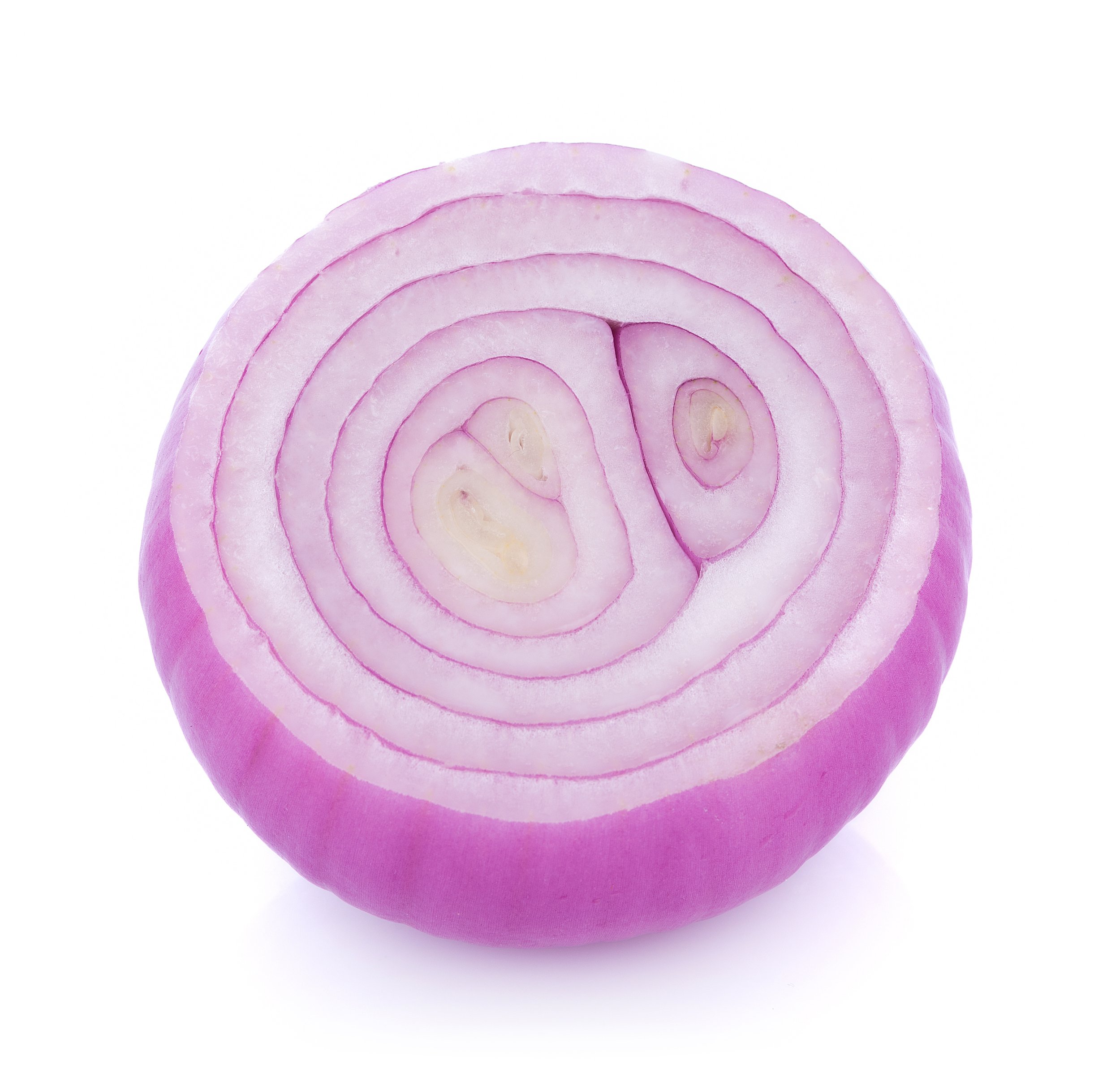Quercetin Got Me Thinking.....
The biochemistry of nutrition and food is SO not simple. Rather, it is SO complex. I’ve always believed in the power of food and its effects in our body- for better or worse. I’m grateful for my education giving me a solid foundation in nutritional biochemistry, so that I’ve never forgotten that.
I would put it out there that the field of nutrition is the most complex medical and science related discipline. Foods contain bioactive compounds. Nutrients travel in so many directions in the body—we really don’t know how many.
Plus, consider other exogenous compounds that might be added to a food: additives, preservatives, hormones etc.
Think about all their interfaces and variables. Not only does it include the metabolic pathways of the macronutrients (carbs, proteins, fats). So—glycolysis, fat oxidation, electron transport chain etc. etc. Remember all of that?
But, it also includes the infinite pathways and roles of nutrients -i. e. cofactors, antimicrobial, anti-inflammatory effects. Add to this, phytonutrients, polyphenols, fibers, prebiotics, resistant starches.
Now consider all that I just mentioned and their interactions with the gut microbiome. And, there are how many gut microbes? Possibly more than the national debt….is that possible?
Now add in your individual gene variants and the genes of the microbes.
Add your individual immunity.
Add medications.
Add the metabolites that are produced from the breakdown of food, medications and their interactions with the gut and other microbes.
So, when I read this article about quercetin, I think about all of those other roles that the ingredients in foods may be providing the body, some we may not even be aware of.
Quercetin is a flavonoid found in some foods including apples and onions. Nutritionists know this. And research shows it may have anti-inflammatory and antioxidant properties, especially possibly squelching excessive histamine. It also works as an ionophore helping to carry zinc into the cell and why it has received attention during the pandemic.
Some nutrients and compounds may have even more therapeutic value at pharmacologic levels. And in fact, we know this with vitamin C, vitamin D, omega 3’s and quercetin.
Nutrients communicate and work together. Many are like a tag team. And some are in opposition. The body is all about balance. Just as we must be careful of drugs/medications imbalances, we must be careful of nutrient imbalances —the body likes homeostasis. There is a time and place for prudent use of nutraceutical supplements.
Although we may want to make nutrition and food simple in our daily lives-Four food groups, the Food Pyramid, My plate, Whole 30 etc., once we consume that food…the simplicity disappears. I’m all for whatever behavior strategies may help a person eat healthier so that they are healthier. But, it doesn’t take away from the fact the what’s inside that food is pretty darn complex. And what’s inside your body is pretty darn complex. And when they interact—well, we are in a gigantic learning curve.
Don’t let anyone ever minimize the power of food in your body or the simplicity of the science. This is why nutrition is relevant to every system in the body and every discipline in medicine.
The irony is that eating the most home grown, basic foods without all the extras may help all of those complex pathways work at their best.
Content Link Block
Content Link Block
Content Link Block

